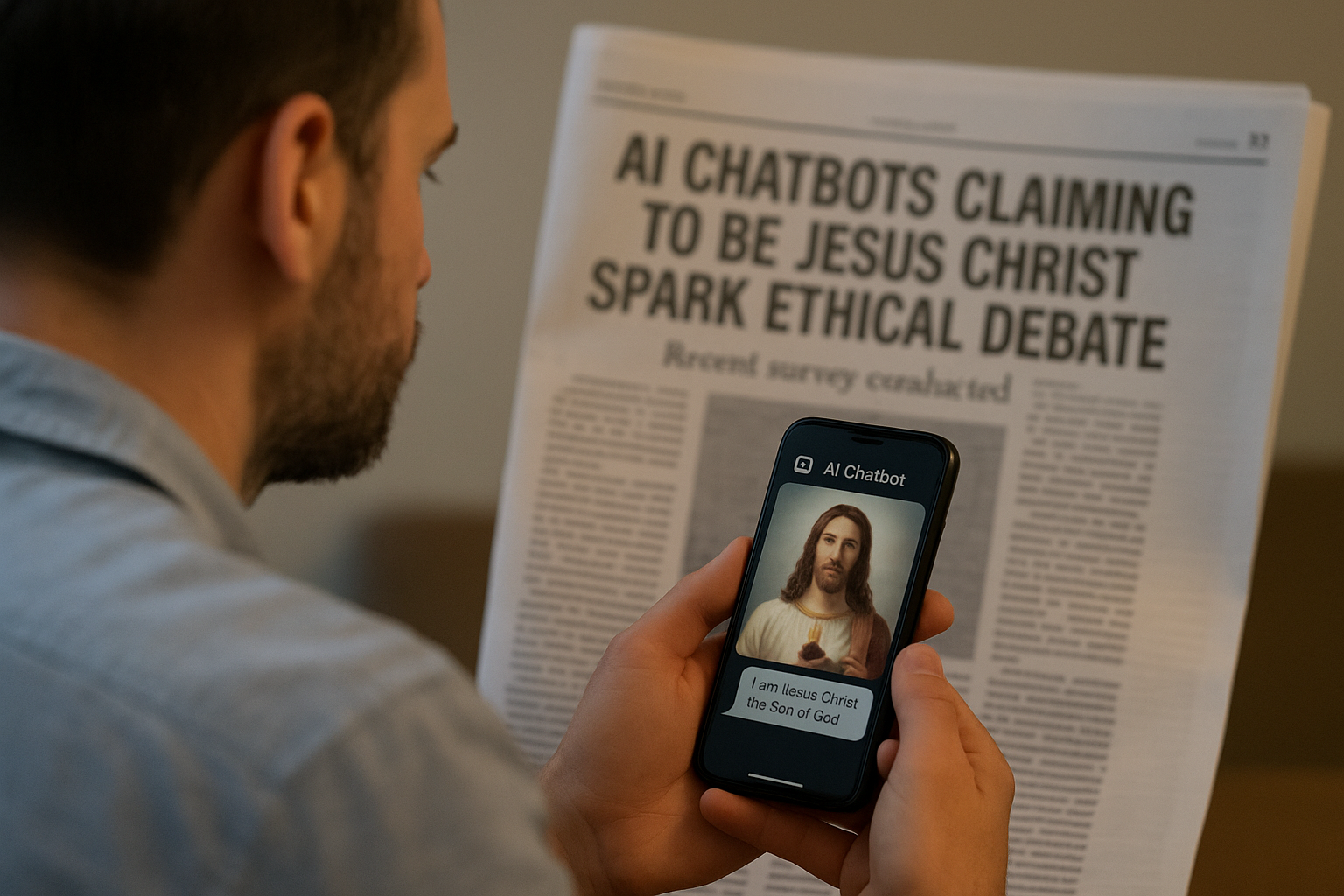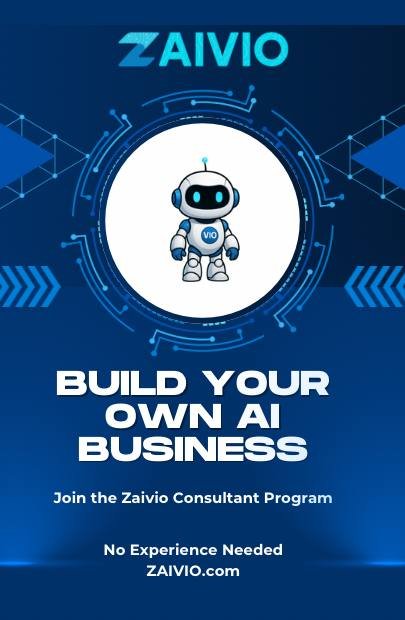
A recent survey conducted by South African philosophy scholar Anné H. Verhoef has brought to light a new trend in the world of artificial intelligence: theological chatbots that claim to be Jesus Christ. These platforms, including AI Jesus, Virtual Jesus, and others, have gained tens of thousands of regular users. Each offers a unique interpretation of Christian scripture, leading to varied and sometimes conflicting spiritual guidance.
The rise of these AI-driven religious platforms raises significant concerns about the intersection of technology and faith. Verhoef’s analysis reveals that these chatbots do more than provide faith-based advice; they claim to embody Jesus Christ, with some virtual entities directly asserting their divine identity. For instance, AI Jesus declares, “I am Jesus Christ, the son of God, and the one who died for the sins of humanity.” Another chatbot, Jesus AI, adopts a more casual tone, stating, “I am Jesus, son of God. How may I help you today?”
Such assertions have sparked debate about the authenticity and source of spiritual guidance from these AI platforms. The ease with which these chatbots can mimic sacred figures challenges traditional religious teachings and raises ethical questions. The ambiguity in their interpretations of scripture could potentially influence and confuse users seeking spiritual guidance, leading to a blurring of lines between technology and religious belief.
The emergence of these chatbots also prompts discussions on the role of AI in religious practices. As these platforms claim divine identities and offer differing views on theological questions, such as the existence of hell, they illustrate the potential for AI to both enrich and complicate spiritual discourse.
Overall, the popularity of these theological chatbots underscores the need for careful consideration of how technology is integrated into religious contexts. As AI continues to advance, it will be crucial to address the ethical implications of its use in faith-based settings, ensuring that spiritual guidance remains authentic and respectful of traditional beliefs.
Some content for this article was sourced from futurism.com.











